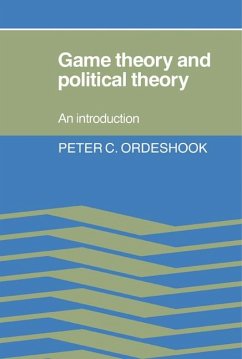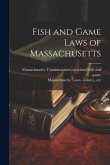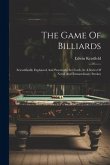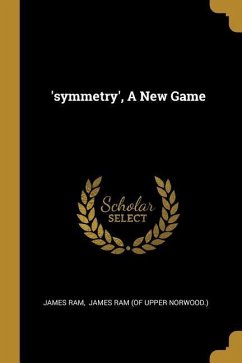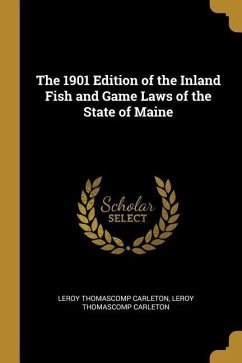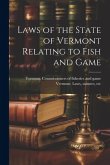Formal political theory seeks to develop formal, mathematical models of political and economic processes. This book attempts to integrate the last twenty years of development in this field. Professor Ordeshook uses the modern developments in the theory of games (decision making with multiple, interactive decision makers) as the basis for the synthesis. Topics covered include models of elections and of committee processes, the demand and supply of public goods, and surveys of game theory and social-choice theory. Game Theory and Political Theory is designed as a textbook for graduate courses in formal political theory and political economy.
Table of contents:
Preface; Acknowledgments; 1. Individual preference and individual choice; 2. Individual preference and social choice; 3. Basic theory of noncooperative games; 4. Elections and two-person zero-sum games; 5. Nonzero-sum games: political economy, public goods, and the prisoners' dilemma; 6. Institutions, strategic voting, and agendas; 7. Cooperative games and the characteristic function; 8. The core; 9. Solution theory; 10. Repeated games and information: some research frontiers; References and a guide to the literature; Index.
Hinweis: Dieser Artikel kann nur an eine deutsche Lieferadresse ausgeliefert werden.
Table of contents:
Preface; Acknowledgments; 1. Individual preference and individual choice; 2. Individual preference and social choice; 3. Basic theory of noncooperative games; 4. Elections and two-person zero-sum games; 5. Nonzero-sum games: political economy, public goods, and the prisoners' dilemma; 6. Institutions, strategic voting, and agendas; 7. Cooperative games and the characteristic function; 8. The core; 9. Solution theory; 10. Repeated games and information: some research frontiers; References and a guide to the literature; Index.
Hinweis: Dieser Artikel kann nur an eine deutsche Lieferadresse ausgeliefert werden.

